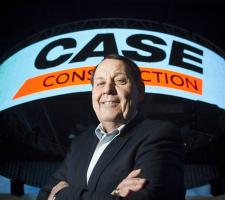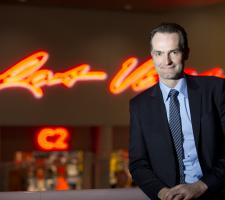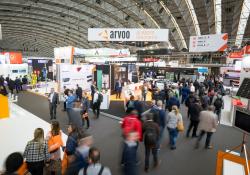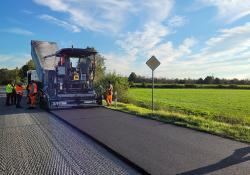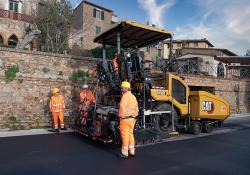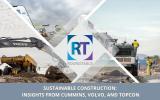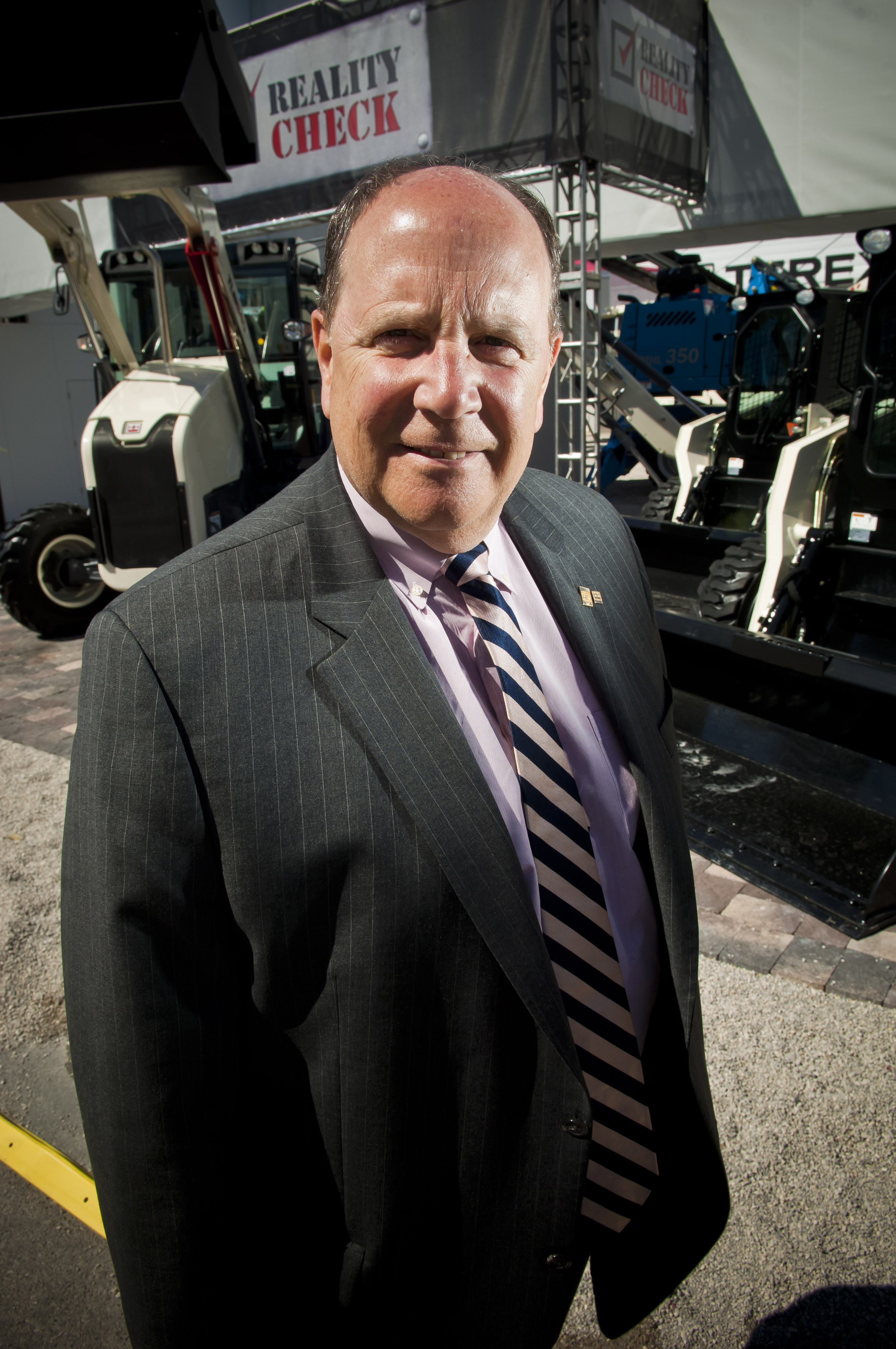
Ron DeFeo, Terex
Investment in infrastructure is a key priority for the US
With a three-part growth strategy, business improving worldwide and improvements in order books, the“We are focused on organic growth and we believe that we can increase net sales to $8 billion by 2013, or roughly double our 2010 net sales. We have been able to generate that kind of growth before at Terex and we can do it again. We have completed our period of divestments and are focused on growing our four business segments.”
With business improving across the world, led by the developing markets of China, India, Brazil and Russia [BRIC countries], Terex sees considerable opportunity for itself in countries that are building their critical infrastructure.
“The economic recovery is developing more slowly in North America and Europe, but it is under way. Terex is better positioned to serve existing current and new customers in all these markets than we have ever been.”
Jim McCullough is president
and CEO of
The raft of emissions legislation has required significant investment, with the Tier 4 Interim/Stage IIIB requirements now coming into force. He continued, “If there’s one thing I don’t like about Tier 4 it’s the ramping effect. It’s harder to manage the phasing in and phasing out of products and you’re constantly trying to balance the inventory.”
In terms of manufacturing, building machines to meet different emissions requirements in different territories does increase the complexity of production, as a much broader range of components is required. However, McCullough is sure that market acceptance will be good for Tier 4 machines and he said, “…once we have the chance to show the customers the advantages of Tier 4. It’s our job to explain to them what’s been done.”
Curt Unger, president of LiuGong Construction Machinery North America, said the company was new on the scene in 2008, and now
“CONEXPO is extremely important to us this year. We’re putting a lot of new things in and drive new sales. We’re aggressively pursuing dealers right now,” Unger said. “What we have done is build a foundation to grow from. This is a hard market to break into. It takes a lot of time and a lot of money to build a dealer network, and here you need dealers, service and parts. We have been putting that in place since 2008 and we have been building that base and continuing that this year. We have put together a dealer financing program that is really important as dealers recover from the tough business climate.”
However, he added that there are concerns for Caterpillar’s manufacturing operations looking ahead as component supplies could be adversely affected. He commented, “It’s too early to say the impact on our supply chain.”
Worldwide the company is benefiting from strong growth in its operations. He is confident that business will be strong in 2011 and that the firm will generate a turnover of around US$50 billion during this financial year, similar to the record levels achieved a few years ago.
One of the key factors in this performance is the dealer network and he said, “Our distribution system is the best in the world.”
Business is strong worldwide for Caterpillar while the firm’s home market is seeing gains after several weak years and he said, “We’re seeing a slow and steady increase in North America. The contractors and our customer base are stronger than ever.” The Chinese market, in particular, forms a major part of Caterpillar’s growth plans. He said, “We have a great plan there through to 2015.” Just six months after
“There is a trend in the market to be friendlier towards the planet and we see the recycling sector as a growing industry,” said Atlas Copco vice president of marketing for surface drilling equipment Bo- Göran Johansson.
“We want to be able to offer customers a complete solution, so acquisition of Hartl Anlagenbau to add mobile crushing and screening to our portfolio is a logical step. “We want to be able to offer customers a complete solution, so moving into the mobile crushing and screening market fits well,” explained Johansson. “We want to be able to offer the optimum solution and help our customers to be profitable, sobeing able to locate crushing and screening operations on the bench and close to the production face is a key part of that.”
In addition to more aggregate applications moving to mobile solutions, Johansson said that he believes there will be further growth in the recycling market. “We consume a lot of natural resources today in new construction but there is also the possibility to re-use these materials after demolition and legislation is starting to drive this too.”

